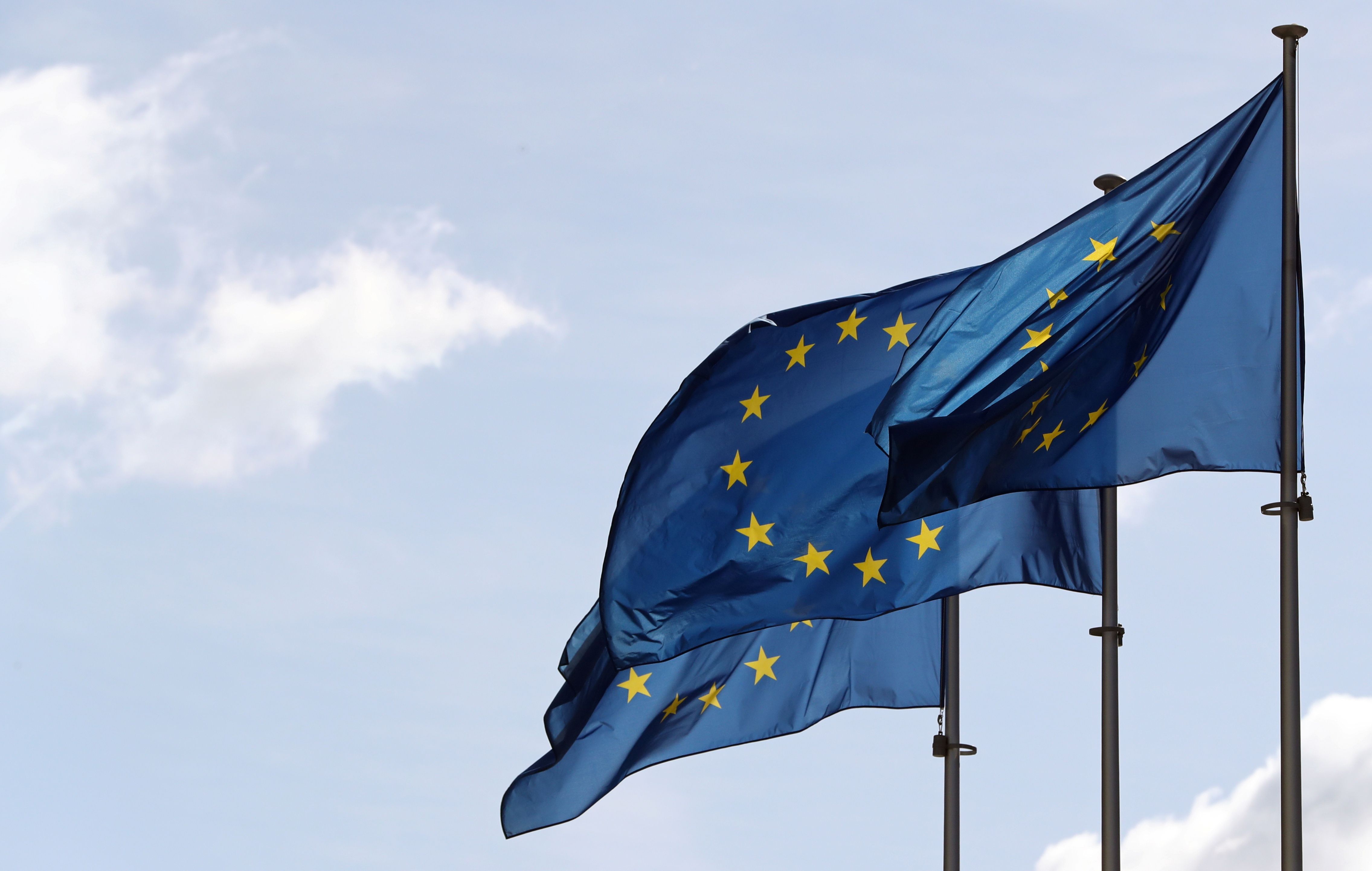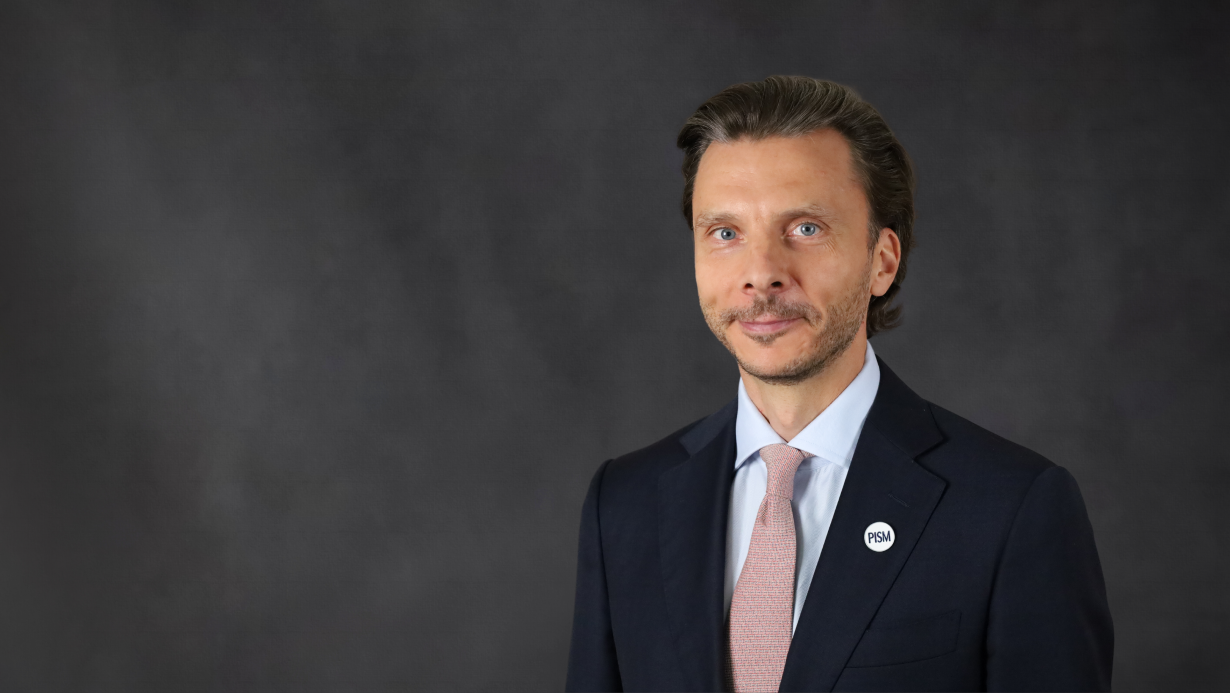A Reformist Push Despite the Crisis: State of the Union Address

How does the EC want to boost the Union’s role in the fight against epidemiological threats?
Von der Leyen emphasised that limited EU competences in healthcare made it more difficult for the EC to help Member States when the pandemic hit. Consequently, she suggested that enlarging the EU’s prerogatives in this domain should be considered by the Conference on the Future of Europe. She announced the creation of a strategic stockpile of medical equipment and a new agency that would work on biotechnological research. She supported the European Parliament’s call for restoring funds in the 2021–2027 multiannual budget for closer cooperation in healthcare. The funding for the programme was earlier cut by the European Council.
What are the key elements of the long-term vision for the Union’s development?
The EC’s strategy remains focused on the green and digital transformations designed before the pandemic struck. To enable the EU to achieve climate neutrality by 2050, the EC proposes raising the emissions reduction target for 2030 from 40% to at least 55% (in relation to emissions in 1990). The green transformation should provide a boost to the European economy as it would enhance the development of new technologies in energy generation, transport, and construction. Now, 37% of the Next Generation EU recovery instrument is to be invested for this purpose. Meanwhile, 20% will support the technical revolution: production of European supercomputers, the development of broadband internet in rural areas, and wider use of artificial intelligence in areas such as agriculture and healthcare.
What does the EC want to achieve in external relations?
As the first wave of the pandemic exposed the Union’s dependence on third countries, von der Leyen hopes that Member States will become more receptive to her calls for a more common and determined foreign policy. Moving from unanimity to qualified majority (for example, on issues regarding sanctions) is to enable the EU to react faster to international crises. The Commission president also wants to boost the EU’s international clout by mending relations with its key partners, the U.S. and UK. On the other hand she has advocated a more assertive posture towards China, Russia, and Turkey, which would involve resolute insistence on reciprocity in economic relations and a steadfast defence of European values. The EC also wants to continue the enlargement process.
What are the other objectives of the EC?
Apart from the digital and green transformations, von der Leyen stressed her willingness to pursue the other policy objectives presented at the outset of her term last year. Creating new sources of revenue for the EU is particularly important. These could come from new taxes and levies, such as the digital tax and/or the carbon border-adjustment mechanism. Revenue gained this way could facilitate the repayment of debt taken on to create the recovery fund. Unanimity is, however, needed to progress on this issue. The circumstances of the economic crisis could complicate the debate concerning reforms of other community policies where divergences were clear even before the pandemic. These include industry and competition policy, as well as on migration, where the EC seems to lack ideas for breaking the deadlock.
What does the Commission’s strategy imply for Poland?
Given the ever-more ambitious climate objectives, an important challenge for the Polish government will be to prepare a strategy for using the funds from the recovery instrument in a way that will guarantee access to money ring-fenced for the green transformation. The mechanism for making the disbursement of EU funds dependent on an assessment of the rule of law remains a point of contention between the government and EU institutions. In view of the strong support for such a mechanism expressed by the EC, several Member States, and the major political groups in the EP, its creation seems a foregone conclusion. The continuation of the enlargement process complies with the position of the government, but the latter is unlikely to support wider use of qualified-majority voting in matters related to foreign policy.


